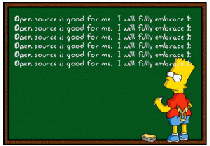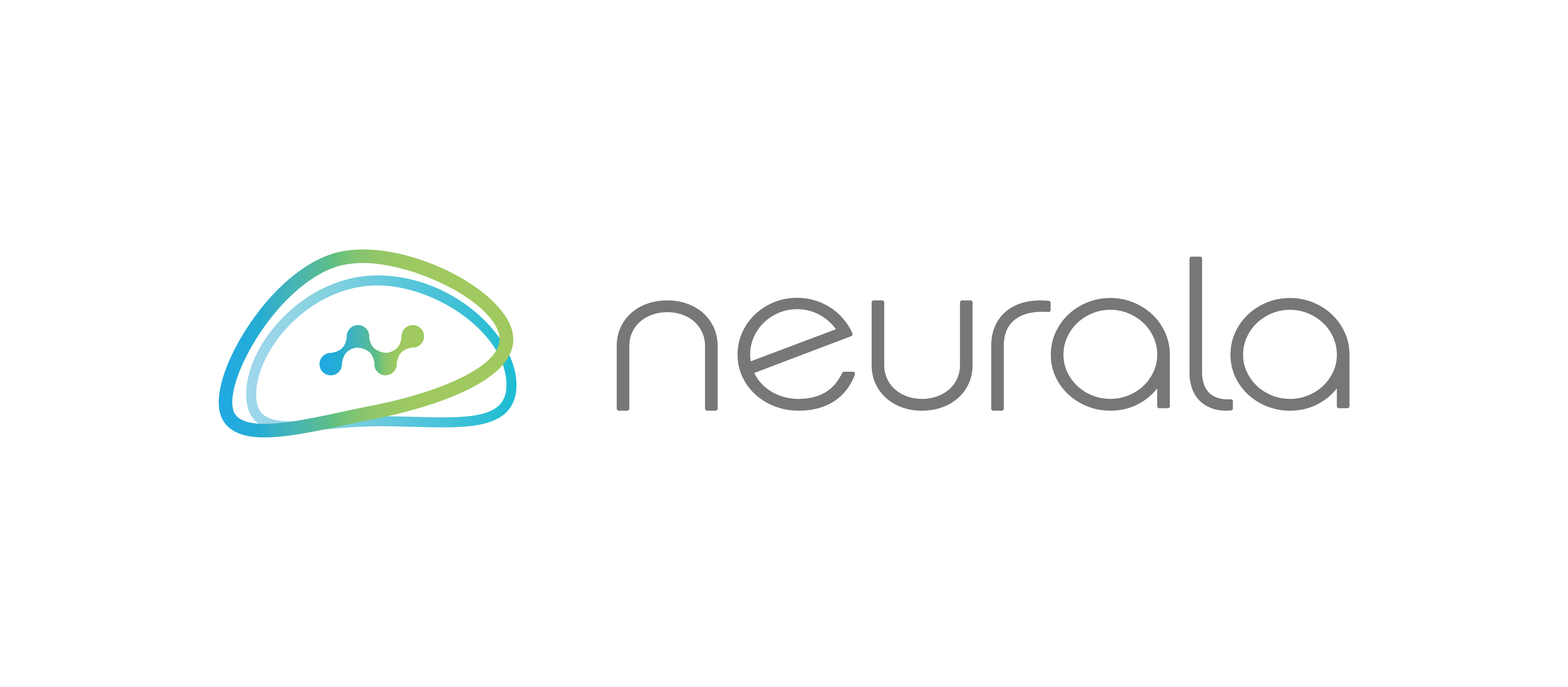Open sourcing AI and robotics
 A guest post on the IEEE Spectrum Automation blog by author William Hertling discusses how the open source culture can revolutionize the future of robotics and AI.
In both academic and industrial community, the idea of slow, incremental progress in challenging fields such as machine perception and robotics is the standard way of thinking. May be we should think again, suggests Hertling.
A guest post on the IEEE Spectrum Automation blog by author William Hertling discusses how the open source culture can revolutionize the future of robotics and AI.
In both academic and industrial community, the idea of slow, incremental progress in challenging fields such as machine perception and robotics is the standard way of thinking. May be we should think again, suggests Hertling.
The post is an open... defense of open sourcing. Examples ranging from Wikipedia, to Linux, to the open source machine learning software resulting from the Netflix competition are clear examples of the power of the wisdom of "crowds" (well, the technically wise one, to be exact). Without sacrificing economic return, as shown by Linux's Red Hat.
The article has a nice quote by Chris Anderson, founder of DIY Drones and author of the upcoming Makers: The New Industrial Revolution:
In general, the Open Source Hardware innovation model of the DIY Drones dev teams is designed to beat proprietary innovation models in the speed and cost dimensions, but not necessarily in features or performance. We've developed several autopilot systems with an average dev time of one year and a cost of $0 (all volunteer labor). Comparable commercial systems can take 3-5 years and up to several million dollars. Our systems are designed to approach theirs in performance at 1/10th to 1/100th the cost, which is only possible through an open innovation model.
Indeed, I think in some newer domains, such as multicopters, this may go even further. We're already seeing the open source projects starting to pass the proprietary ones in features, if not performance. And as commodity sensor and processor technology gets cheaper and more capable, thanks to smartphones, the amateur designs could pull ahead of the pro ones in performance, too, simply because they can use new technology sooner. This is why DARPA used our model to create UAV Forge, which is designed to let community-based UAV technology compete with traditional aerospace industry technology in the hopes that it will prove superior.
I tend to concur with Hertling and Anderson, but with a twist. In fairness, open sources and in general sharing of knowledge and code ARE basic principles that inspire academia. This has been going on for a while, and nevertheless progress in creating sentient robots and software have not skyrocketed. Wikipedia, for instance, needed cheap, ubiquitous enabling technologies to manifest itself in all of its power.
Sentient robots will need cheap hardware and bodies, making them affordable to everybody. Of course, some good Open Source soul should also gift humankind (and robotkind) with intuitive, cheap, and powerful ways to program these robots.

